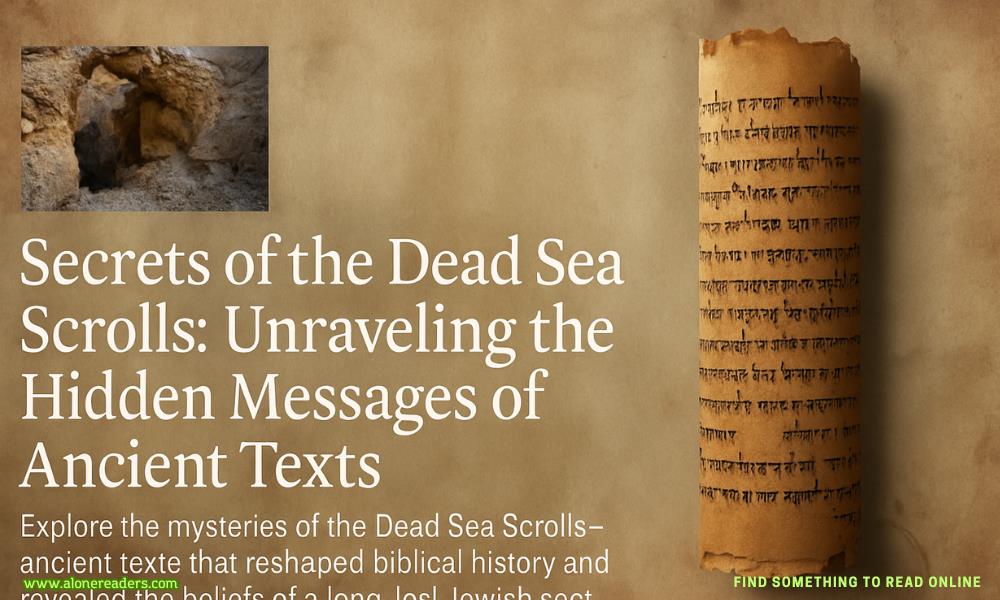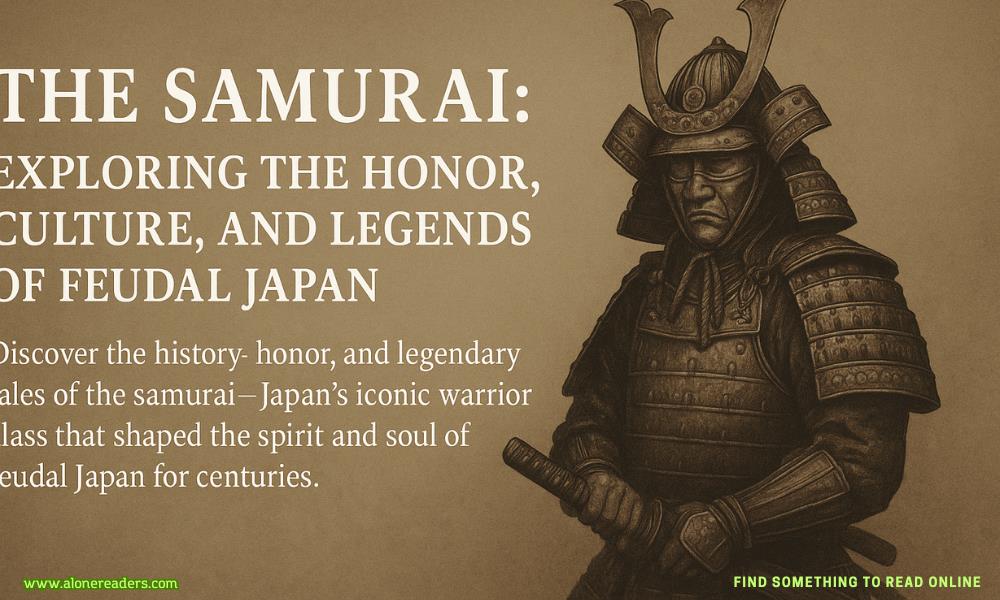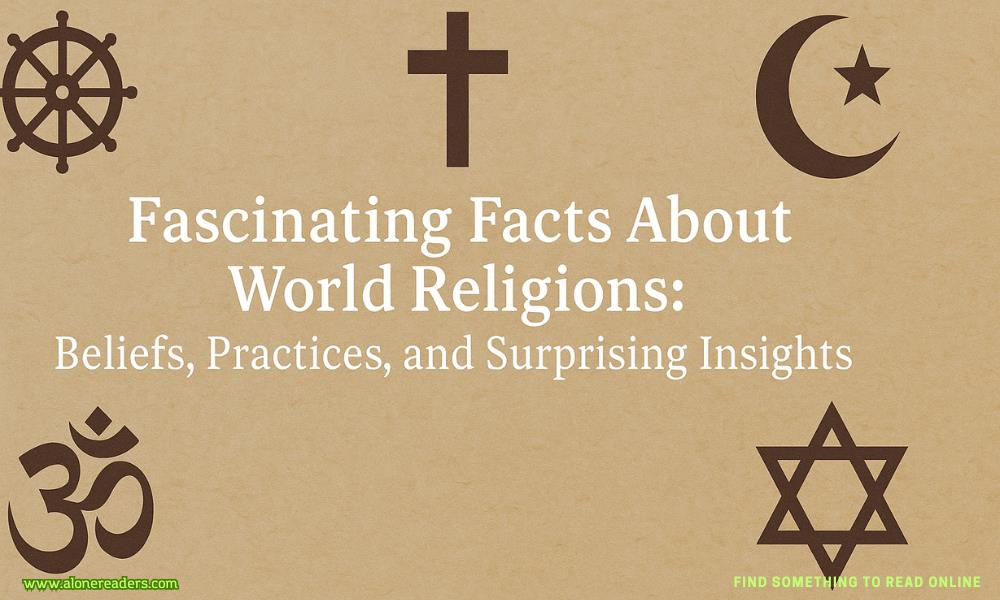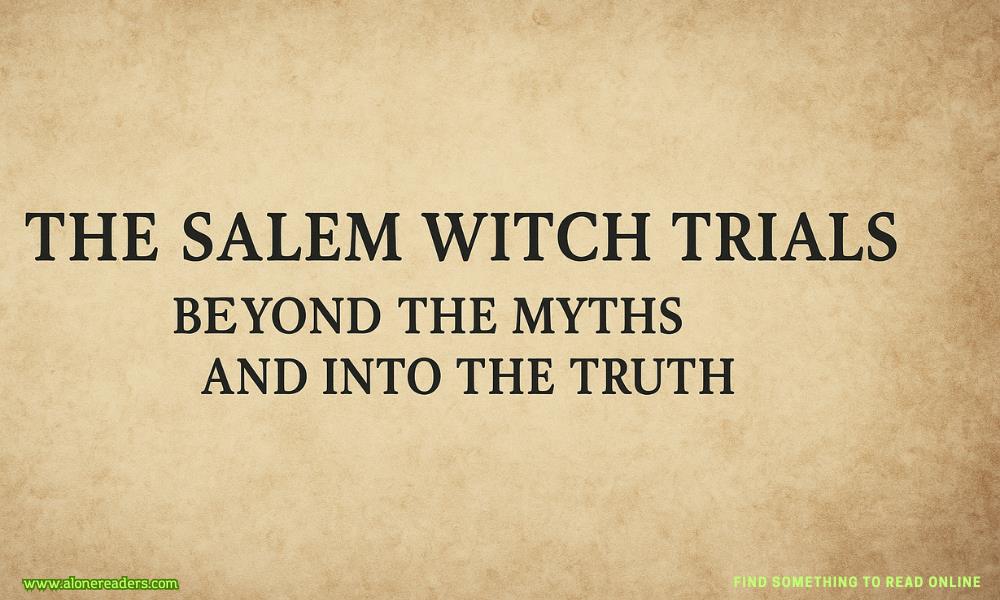Page 18 of Six Wild Crowns
“Whether it is a son or a daughter, any child of Queen Boleyn and King Henry must be a force to make all of Elben proud.”
Boleyn laughs despite herself. “Very good. I see I’m going to enjoy you.”
Boleyn turns away, not wanting anyone to see her interest in her new lady-in-waiting. In one exchange, she has become a riddle that Boleyn would rather like to solve. But by the time Boleyn has settled back on her throne, Seymour has fled the room and Boleyn’s mind has moved on to other matters.
The crash of worries engulfs her more often than she would like to admit. She informed Henry of the pregnancy the night she discovered it herself, and his replies have been effervescent, doing nothing to quench her anxieties. He is so sure it is a boy. So sure she will carry it to term. And while she is as certain of his love as she has ever been of anything, his persistent joy makes her think she needs something else in her armoury, to mitigate any disappointment should something untoward happen to the babe.
Something else, like a new stratagem, better and more daring even than her plan to take Lothair.
The day after Seymour’s arrival, Boleyn makes her first trip to Pilvreen. It has been too long since she galloped Fauvel, and the mare is delightfully skittish. Urial, the dragon gifted by Queen Cleves, flies beside her, twisting and snorting playfully in the sea gusts. Boleyn imagines how regal she must look on her golden horse with her silver dragon, her guards trailing in their dust.
The town of Pilvreen lies a mile to the east of Brynd and owesmuch of its wealth and employment to the castle. But as Boleyn proceeds into the high street, all she sees is distrust in the people she passes. She had been prepared for this attitude: the resentful doffing of hats, the murmurs of “Your Majesty”, as quiet as they can manage. While the other five territories venerate their queens, Brynd is different. Memories do not fade in Elben, and the massacre of Pilvreen casts a shadow centuries long.
The sanctuary is the only building that survives from that time, its stonework patched and pockmarked – scars of the battle that raged here. Bishop More is standing in the porch, as though he expected her, even though she sent no warning of her visit. While she has only told Henry and her family of her pregnancy, she is in no doubt that the news will have spread by now to the more influential courtiers and holy men of the country. Maybe even to the foreign courts. Perhaps this is More’s way of greeting a pregnant queen.
“Your Grace,” she says, dismounting Fauvel.
“Your Majesty.” He bows. “An auspicious time for you to come. I assume you are here to give thanks for our king’s victory over Lothair?”
“Indeed. And…” Boleyn notices how he draws away from her when she looks as though she might put a hand on his arm. “I was wondering if I might ask a favour.”
“I am entirely at your disposal.”
“I wish to have access to your library,” she says.
He tenses. “My library?”
“I’m an inveterate reader, you see,” Boleyn says.
“You won’t find much poetry in my collection, I’m afraid.”
He turns away, forcing her to follow him into the sanctuary – his territory.
“I don’t want poetry. I understand you have one of the finest collections of historical texts in Elben. I am interested in reading them.”
“I’m not sure…”
“That it’s appropriate for a woman to read such texts?” She keeps her tone friendly, but it’s clear from her expression who is the monarch.
“I meant no offence.”
“I take none,” she lies. “My desire to read your collection stems from a wish to see if there is anything in there that might allow us to strengthen the bordweal.”
More looks almost coquettish – it doesn’t suit him. “Surely the bordweal has just been proven to be as strong as ever?”
She refuses to fall into his trap: he must want her to confirm her pregnancy to him. She sidesteps.
“Strong enough to see off Lothair’s ships. Perhaps not strong enough to do what comes next.”
“What do you mean?”
She follows More to a chapel that sits in a nook off the eastern cloister. Eight shrouds are lined up in front of an altar. On the altar, on a cushion, sits a severed hand. This must be the hand of the famed Torthred, a beloved saint of the region, who was martyred in the massacre of Pilvreen. Boleyn does not know how to act. Is it wrong for a queen of Brynd to acknowledge the relic when it was a queen of Brynd who caused the saint’s death? More bows to the hand, then begins sprinkling the shrouds with holy water. Boleyn hesitates at the chapel’s entrance, eyeing the sheets. The fabric is shaped oddly, as though the figures beneath are not whole.
“What happened to these people?” she asks More.
“The Holtwode crone, Your Majesty. These were the men who hunted it.”
“Bless them for their sacrifice,” Boleyn says, making the sign of Cernunnos. She turns away from the bodies, but cannot find her thread. She is sure that one of the bodies is missing its head. She has mercifully not suffered from morning sickness, but the sight turns her stomach.
- The Prince's Secret Twins by Elizabeth Lennox
- Tangled Desires by Tory Baker
- At the Edge of Surrender by A.L. Jackson
- A Touch of Fate by Cora Reilly
- Untouchable Love by Lucy Darling
- After Hours by Caitlin Crews
- Shelter from the Storm by Mari Carr
- Someone Knows by Vi Keeland
- Hawk by Fiona Davenport
- The Silencer by Brooke Summers
- The Beat of her Heart by Emily Hayes
- The Neighbor's Son by K. Webster
- Vasily the Hammer by C.B. Alice
- Convenient Vows by D.C. Beks
- Wrapped in Silver by Sara Vice
- Ruined By Capture by Sherry Blake







